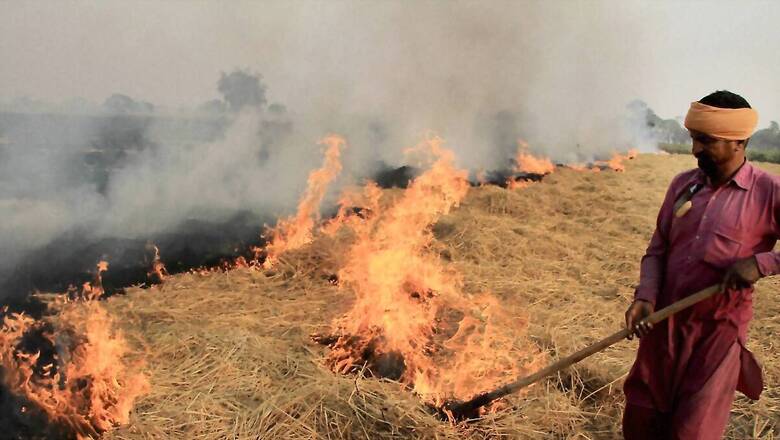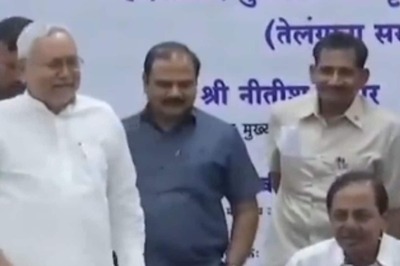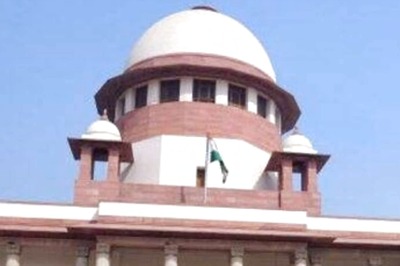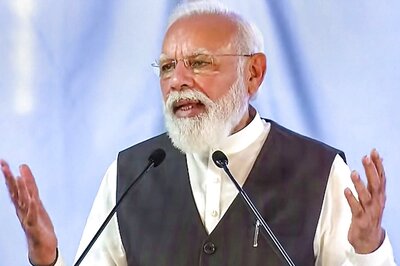
views
Despite pollution becoming a dire concern, nearly 50% of the total sanctioned posts are lying vacant in various state pollution control boards, the government informed Lok Sabha on Monday. According to the data, out of the total 11,103 posts, as many as 5,454 remain vacant.
Tasked with implementation of environmental laws across the country, the state pollution control Boards (SPCBs) have a very important role in enforcement of provisions of Water (Prevention and Control of Pollution) Act, 1974, Air (Prevention and Control of Pollution) Act, 1981 and the Environment (Protection) Act, 1986.
“Availability of adequate manpower in these institutions is very important for effective discharge of their functions and duties. The responsibility to fill up vacancies in SPCBs/PCCs lies with the concerned State Govt./UT Administration,” Minister of State in the Ministry of Environment, Forest and Climate Change (MoEFCC) Ashwini Kumar Choubey told Parliament.
While Bihar has only been able to fill 58 of the total 264 provisioned posts, Jharkhand has filled up only 34 posts out of the total 271 in the state. The vacancy is as high as 64% in Madhya Pradesh, and over 40% in big states like Uttar Pradesh, Rajasthan and West Bengal.
Burdened with the highest level of air pollution among all cities, Delhi alone has 192 posts vacant out of total 344 sanctioned posts in the Pollution Control Committee (PCC).
Among the northern states, Punjab and Haryana, that struggle to cope with the annual challenge of stubble burning, have as many as 298 and 384 posts vacant, respectively.
“It is a dismal picture, especially in some of these states where a lot of work has to be done. The monitoring of water quality at multiple points, as well tracking industrial effluents primarily lies with the state boards. There is a lot of data that needs to be collected and updated,” a former pollution control board official told News18.
While the states often cite fund crunch as a problem, the manpower shortage has impeded action on the ground, say experts. Tasked with the implementation of various environmental/pollution control laws, the boards are required to monitor and take steps to abate the rising pollution levels. The responsibility of prevention of pollution of water sources by industrial effluents primarily lies with the states.
A recent analysis from the Delhi-based Centre for Science and Environment (CSE) showed how smaller towns smaller and upcoming cities are becoming pollution hotspots and require urgent and deliberate action.
The minister also informed Parliament that the Central Pollution Control Board (CPCB) has at least 193 posts vacant against the sanctioned posts of 577. “CPCB has published advertisement for filling of various vacant posts through direct recruitment in Employment News dated December 24-30, 2022,” he added.
Nagaland and Arunachal Pradesh emerge as the only states with zero vacancy, followed by Sikkim, Tripura, Mizoram and Goa with just a few posts vacant in otherwise smaller departments, as per the data shared by the government.
Read all the Latest India News here




















Comments
0 comment